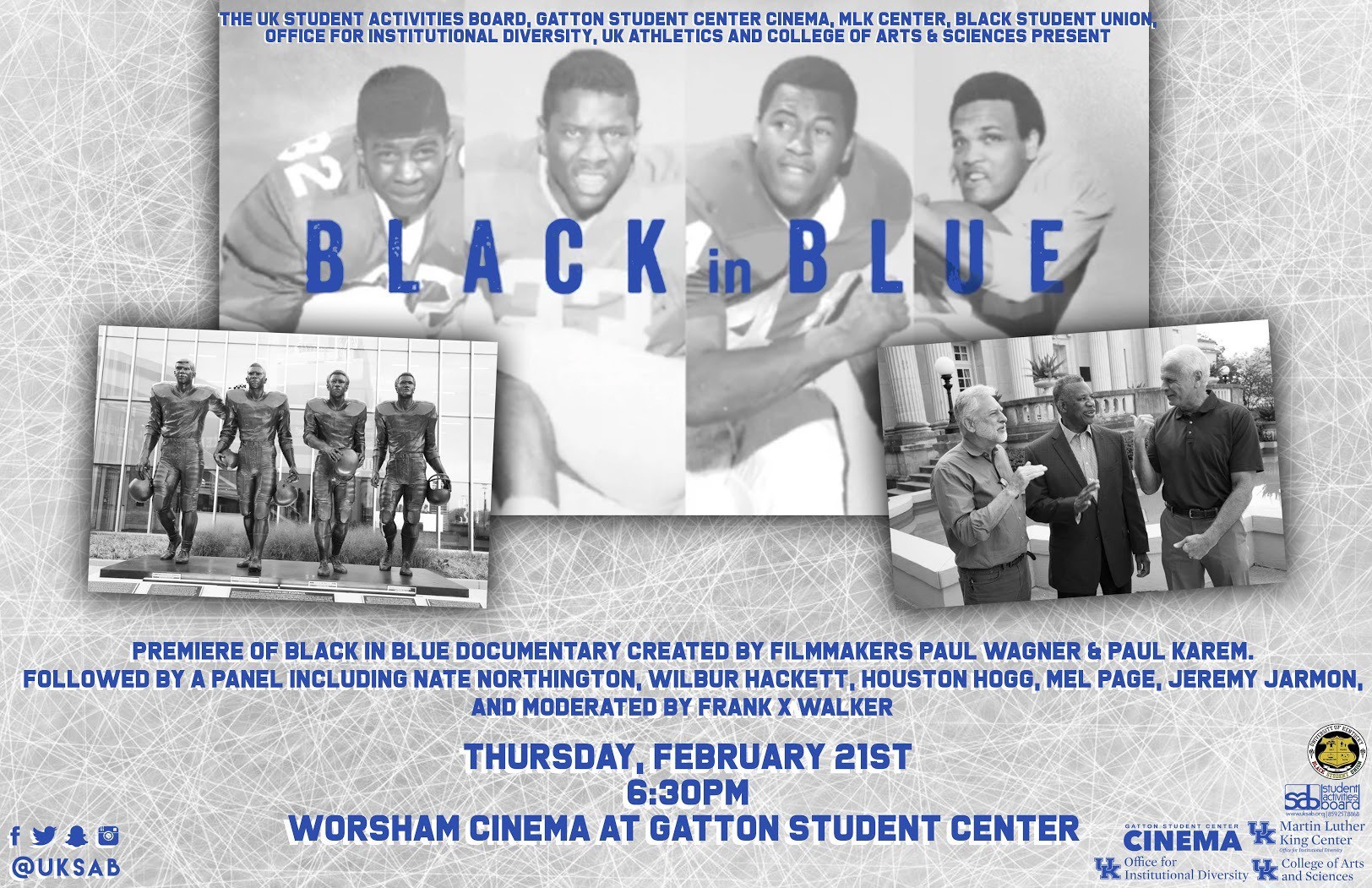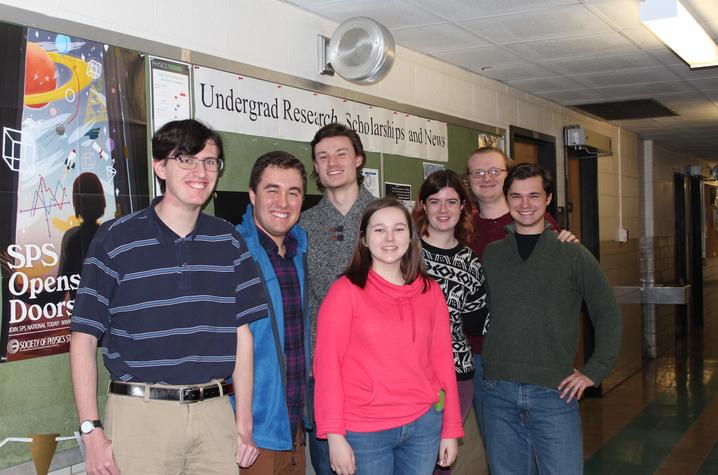Geography Alum Launches Open Source Pilot Project with Hardin County Water District No. 1
By Hannah Edelen
 Charles Altendorf, a 2011 University of Kentucky alumnus, is using the skills he developed and honed as a geography student in the College of Arts & Sciences to help improve the mapping system at his current job with the Hardin County Water District No. 1. Working on a pilot project, Altendorf is attempting to convert the water district’s data analysis from traditional digital mapping to an open source method.
Charles Altendorf, a 2011 University of Kentucky alumnus, is using the skills he developed and honed as a geography student in the College of Arts & Sciences to help improve the mapping system at his current job with the Hardin County Water District No. 1. Working on a pilot project, Altendorf is attempting to convert the water district’s data analysis from traditional digital mapping to an open source method.


 Richard Jefferies, a professor in the Department of Anthropology at the University of Kentucky, was honored with the prestigious Lifetime Achievement Award at the 2018 meeting of the Southeastern Archaeological Conference (SEAC).
Richard Jefferies, a professor in the Department of Anthropology at the University of Kentucky, was honored with the prestigious Lifetime Achievement Award at the 2018 meeting of the Southeastern Archaeological Conference (SEAC).
